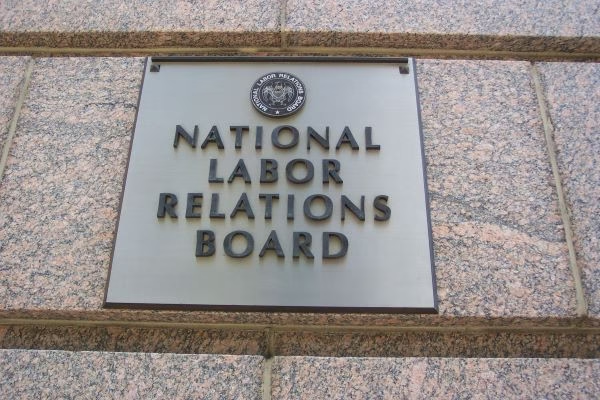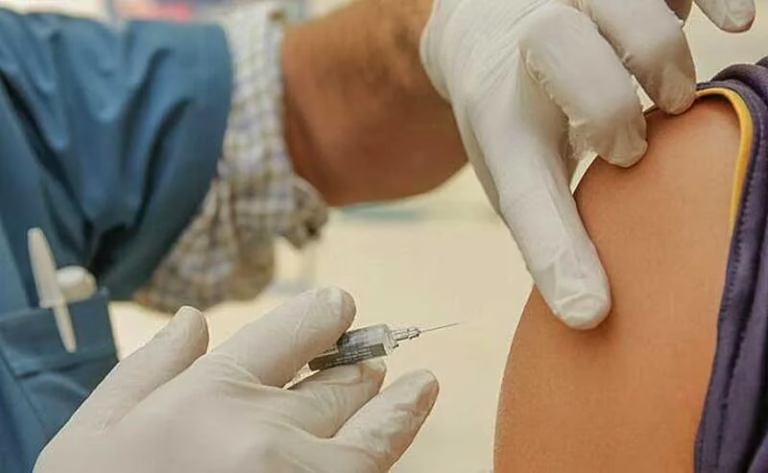Washington, D.C. — Rep.Nanette Barragán (CA-44) May 7 led a group of her Democratic colleagues on the House communications and technology subcommittee in calling on President Donald Trump and commerce secretary Howard Lutnick to abandon proposals to impose sweeping tariffs on the semiconductor industry.
The letter, signed by House communications and technology subcommittee ranking member Doris Matsui and subcommittee members Greg Landsman and Jennifer McClellan, warns that the proposed tariffs would increase costs for consumers, disrupt American manufacturing, undermine U.S. competition, and strain relationships with key international allies—all without achieving the stated goal of boosting domestic production.
“These tariffs will increase the cost of essential technologies like smartphones, laptops, and broadband equipment, and will act as a direct tax on American consumers,” wrote the group of Democratic lawmakers. “The result: reduced productivity, limited access to essential tools, and slower economic growth.”
“Rather than resorting to punitive trade measures that risk backfiring economically and geopolitically, the United States should double down on policies that support domestic semiconductor production and strengthen our long-term competitiveness,” they continued. “We urge you to abandon these ill-conceived tariff plans and instead work with Congress, industry leaders, and international allies to bolster American innovation, secure our supply chains, and build a technology economy that serves American workers and consumers.”
Find the full text of the letter below.
President Trump and Secretary Lutnick:
We have serious concerns with your reported plans to impose sector-specific tariffs on semiconductor products, including chips, telecommunications equipment, and consumer electronics. These tariffs would raise prices for consumers, disrupt American manufacturing, and damage our nation’s global competitiveness—all while failing to meaningfully strengthen national security or domestic production.
These tariffs will increase the cost of essential technologies like smartphones, laptops, and broadband equipment, and will act as a direct tax on American consumers. The result: reduced productivity, limited access to essential tools, and slower economic growth.
The United States currently lacks the capacity to rapidly relocate large-scale technology manufacturing to our country. Structural challenges—including a shortage of workers trained in high-tech manufacturing and underdeveloped semiconductor infrastructure—make such a transition unrealistic in the short term. Tariffs will not solve these issues and could instead deepen them by inflating costs, discouraging investment, and weakening the long-term position of the United States technology industry.
The ongoing uncertainty surrounding this tariff plan has already disrupted financial markets and injected instability into critical sectors of our economy. The technology industry depends on predictable, long-term policy—not abrupt changes that create confusion for investors, suppliers, and businesses.
These tariffs could also provoke diplomatic fallout with some of our most trusted allies. Taiwan, South Korea, Japan, and Malaysia are potential targets for these tariffs. These are all vital partners in our technology supply chains and unnecessary tariffs could jeopardize the resilience of our supply chains and the strategic alliances that have long supported American leadership in innovation.
Additionally, a disruption to American technology imports from allied nations could undermine the Federal Communication Commission’s efforts to implement the Secure and Trusted Networks Reimbursement (“Rip and Replace”) Program. Rip and Replace, which has received strong bipartisan, bicameral support in Congress, strengthens our national security by supporting providers who are working to replace insecure network equipment from Chinese vendors like Huawei and ZTE, while simultaneously maintaining network connectivity for consumers across the country. By disrupting global supply chains and raising the overall cost of replacing network infrastructure, the proposed tariffs could needlessly strain the Rip and Replace program’s budget and delay program implementation.
The consequences of supply chain disruptions would also be particularly acute in the race to deploy 5G infrastructure and to lead in artificial intelligence. Access to cutting-edge components is essential to maintaining leadership in 5G, as well as in AI development. Disrupting access to these components would not only slow American progress but would also give China an unnecessary—and avoidable—strategic advantage.
We are especially alarmed by reports that these tariffs will be enacted under Section 232 of the Trade Expansion Act of 1962, a provision designed to protect national security. This seems incompatible with the imposition of tariffs that damage alliances and delay technological innovation – that would in fact compromise our national security. As the Department of Defense made clear in its 2022 report Securing Defense-Critical Supply Chains, disruptions to allied supply lines—particularly in microelectronics—pose a direct threat to military readiness.
Rather than resorting to punitive trade measures that risk backfiring economically and geopolitically, the United States should double down on policies that support domestic semiconductor production and strengthen our long-term competitiveness. Congress passed the CHIPS and Science Act precisely for this purpose—to revitalize American semiconductor manufacturing, create high-quality union jobs, and reduce our dependence on foreign supply chains, especially those vulnerable to authoritarian influence or geopolitical instability.
We urge you to abandon these ill-conceived tariff plans and instead work with Congress, industry leaders, and international allies to bolster American innovation, secure our supply chains, and build a technology economy that serves American workers and consumers.




















